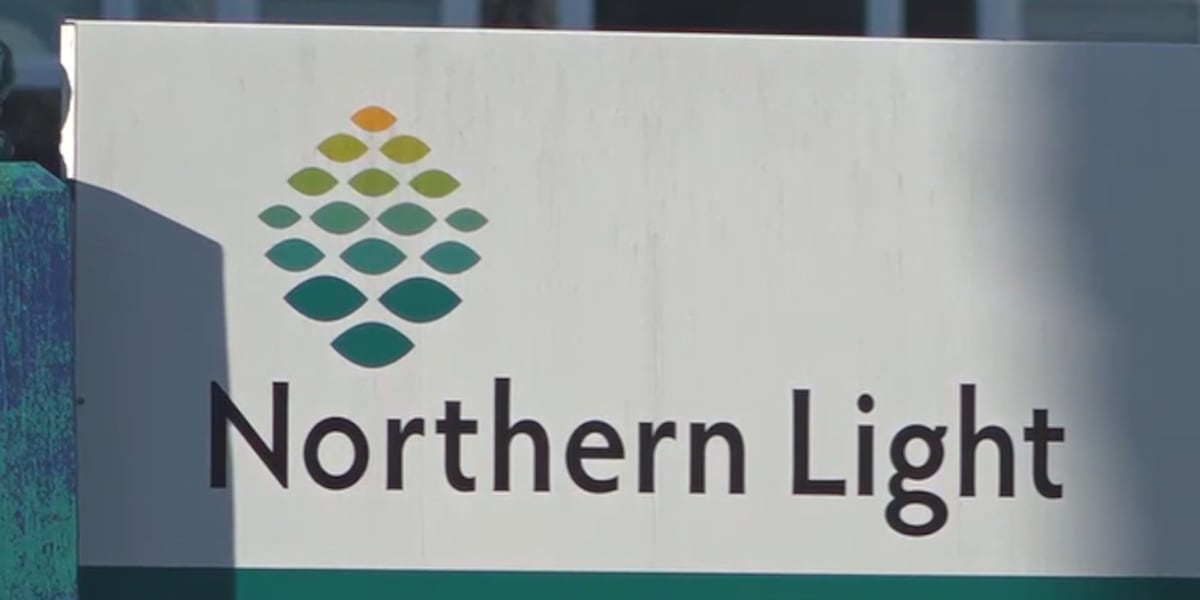RFK Jr.'s Vaccine Claims Threaten Public Health in South Africa and Beyond

Robert F. Kennedy Jr.'s persistent questioning of vaccine safety and efficacy is causing significant concern, not just in the United States, but globally – including here in South Africa. As a prominent figure, his platform amplifies misinformation, potentially undermining decades of scientific progress and endangering the health of children worldwide. This article examines the impact of his claims, the importance of vaccines, and why it's crucial to rely on credible sources of information.
The Core of the Controversy: What is RFK Jr. Saying?
Kennedy Jr. has repeatedly voiced skepticism about vaccines, citing concerns about potential links to autism and other health issues. These claims have been widely debunked by the scientific community, with numerous studies consistently demonstrating the safety and effectiveness of vaccines. However, his arguments resonate with some, particularly those already hesitant about vaccination.
Why Vaccines are a Cornerstone of Public Health
Vaccines represent one of the greatest achievements in modern medicine. They have eradicated or significantly reduced the incidence of devastating diseases like polio, measles, mumps, and rubella. They work by training the body's immune system to recognize and fight off harmful pathogens, preventing illness and protecting entire communities through herd immunity. This is particularly vital in South Africa, where outbreaks of preventable diseases can have severe consequences, especially among vulnerable populations.
The Danger of Misinformation: A Global Impact
The spread of vaccine misinformation has serious repercussions. It leads to lower vaccination rates, which in turn increases the risk of outbreaks and puts individuals, especially children, at risk. The World Health Organization (WHO) has identified vaccine hesitancy as one of the top ten threats to global health. Kennedy Jr.'s vocal opposition contributes to this growing problem, creating doubt and confusion among parents and the public.
South Africa's Vaccination Landscape: Challenges and Opportunities
South Africa faces its own unique challenges regarding vaccine uptake, including historical mistrust of healthcare systems, socioeconomic disparities, and logistical hurdles in reaching remote communities. The current COVID-19 pandemic has further exacerbated these issues, with vaccine hesitancy hindering efforts to achieve herd immunity. Kennedy Jr.'s messaging, even if originating from overseas, can amplify existing doubts and make it even more difficult to promote vaccination.
Relying on Credible Sources: Separating Fact from Fiction
It is essential to rely on credible sources of information when making decisions about health. Here are some reputable organizations to consult:
- The National Department of Health (South Africa): Provides accurate and up-to-date information on vaccines and public health initiatives.
- The World Health Organization (WHO): A global authority on health matters, offering evidence-based guidance on vaccination.
- The South African Medical Research Council (SAMRC): Conducts research and provides scientific expertise on health issues.
- Your Healthcare Provider: Your doctor or nurse can address your specific concerns and provide personalized advice.
Protecting Our Future: The Importance of Informed Decisions
Vaccines are a safe and effective tool for protecting ourselves and our communities from preventable diseases. Robert F. Kennedy Jr.'s claims are not supported by scientific evidence and should be treated with caution. By relying on credible sources and making informed decisions, we can safeguard the health of our children and build a healthier future for all.





